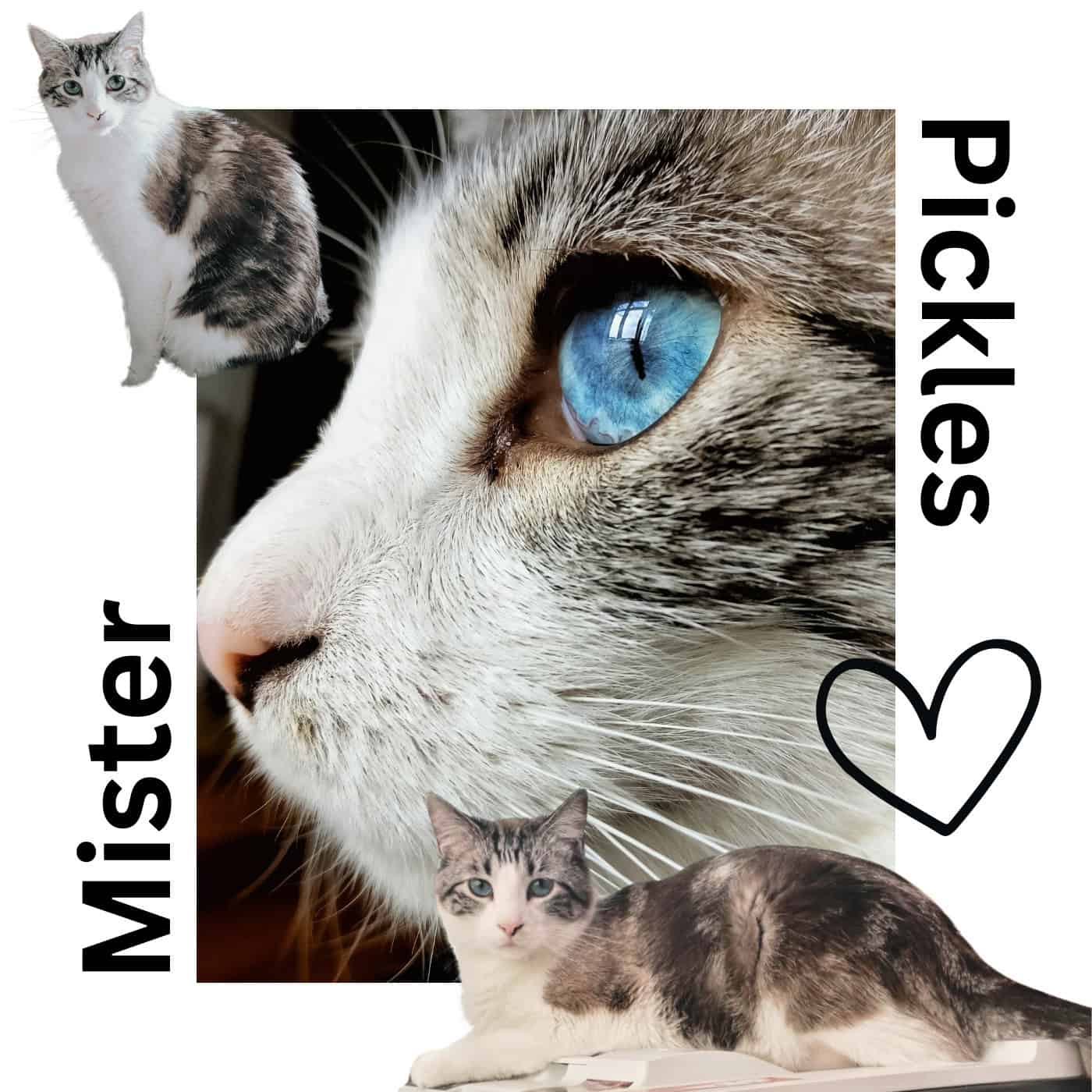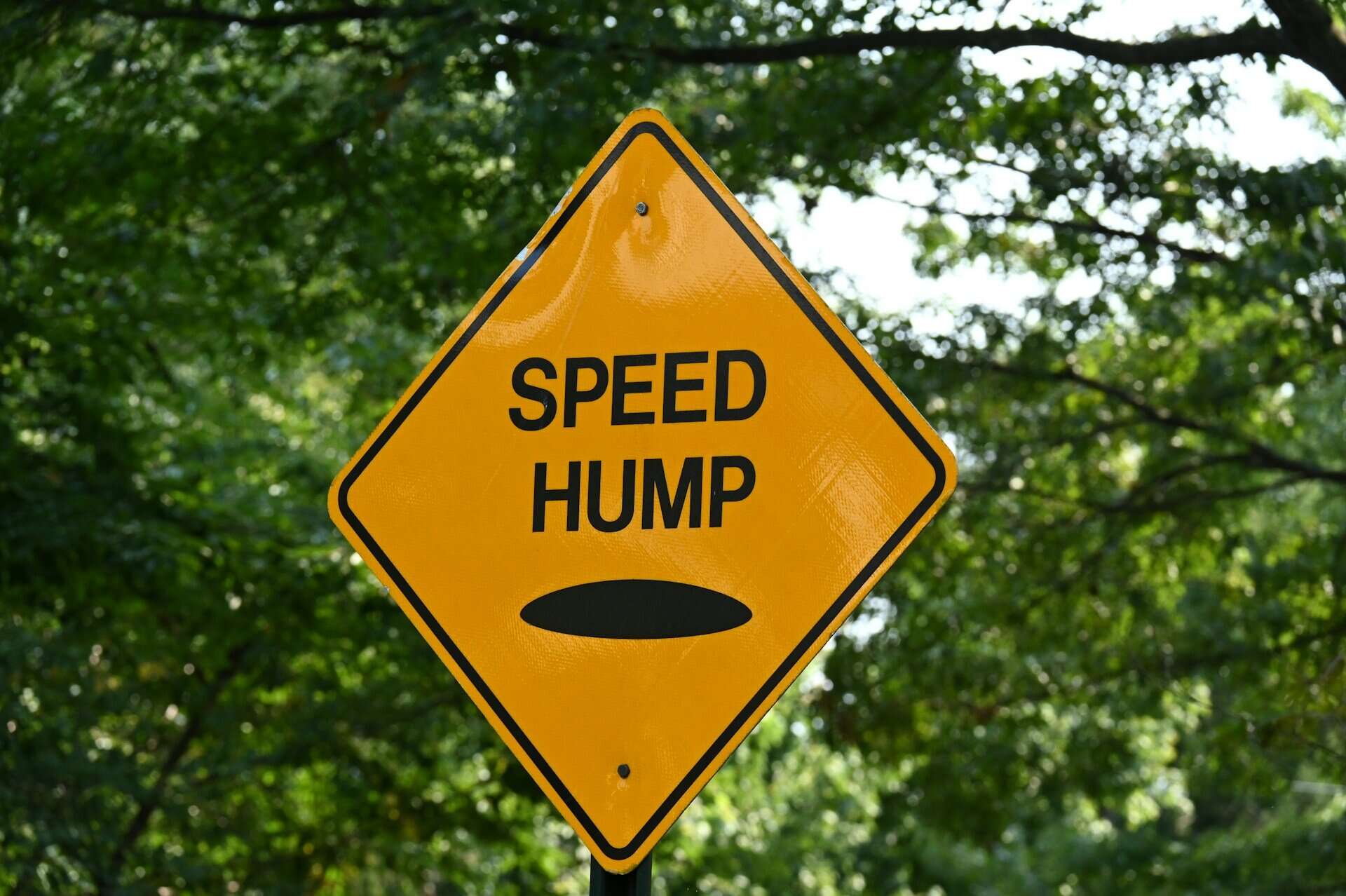New Year’s Resolutions suck. Always have, always will. Goals are what you want, not resolutions. And you don’t need to wait until December to set goals. In fact, you should be setting them and reviewing them constantly.
I keep my BIG goals on a list that is pushed to all of my devices. I review the list once every couple months, which feels about right for multi-year life goals. Those 10-25 year goals then inform the creation of my one year goals with the question; “what can I do this year to get closer to that long-term aspiration?” From there I can ask myself the next question; “what can I do this month / this quarter to get closer to that on-year goal?” I refine and update all of these goals every time I complete one, and whenever something changes my priorities. Believe me; this is far more effective than yelling “I’m going to drink less” as you down a bottle of Champagne on New Year’s Eve.
Setting Intention
That’s not to say that using the changing of the calendar to frame your thinking is not useful. While a single revolution of the Earth around the Sun is really a fairly arbitrary measure, it is a measure that is widely recognized and easy to demarcate.
Also, you can’t – or at least shouldn’t – have goals for every little thing in your life. It would be overwhelming. Good goals take thought to set, and effort to track. At some point, managing this ever-increasing number of goals would threaten to take more of your time than actually completing them. Goals should be set for the most important aspects of your life, the biggest opportunities for growth and change, but not for all the day to day routine.
The day to day routine is immensely important though. What you do, day in and day out, is essentially your character – it is literally who you are, in a very real way. So it is necessary to have a guiding light. A North star that is always there to point you to the right decision in every situation. In other words; you need to set your intention, and then to follow it.
Your Mission
But, how do I “set my intention?” And once set – how do I follow it, consistently?
The most well known intention setting tool for most of us is the mission statement:
A mission is not simply a description of an organization by an external party, but an expression, made by its leaders, of their desires and intent for the organization. The purpose of a mission statement is to communicate the organisation’s purpose and direction to its employees, customers, vendors, and other stakeholders. A mission statement also creates a sense of identity for its employees. Organizations normally do not change their mission statements over time, since they define their continuous, ongoing purpose and focus.
While we typically think of mission statements in terms of organizations, many people (including me) highly recommend that we all set mission statements for ourselves as well. If you don’t know where you’re going, it’s really hard to get there. So, set your purpose and your direction intentionally with a mission statement!
A mission is meant to be very long-term though. And we humans need more near-term, practical guidance to supplement such BIG ideas – to connect them to today and make them actionable, right now.
Three Words
That’s where the three words comes in. Just like we break down our 10-25 year aspirations into 1-year and then 90-day actions and activities, we must break down our mission into its component pieces as well. You can’t do it all at once. If it was that easy, it wouldn’t really be worth all this effort describing it, would it?
So, just as the completion of short-term goals build on one another to allow you to reach mid-term and eventually long-term goals, you can use the three words ritual to set your intention for this year – in service to your personal mission.
Think of it like this. Let’s say your personal mission is to “set a great example for your children.” That’s awesome! It’s also huge. So maybe this year one of your words is “fitness.” That lets you focus on building habits and rituals around personal health that will contribute to that mission the rest of your life. In line with that, maybe you set an aspirational goal of running a marathon within three years, a one year goal of running at least 500 miles, and a 30 day goal of running at least 10 miles every week.
Wait, if the goals are there, why do we need the word? Well, “fitness” goes way beyond just running. Setting our intention around fitness helps us decide to walk instead of driving to that appointment. It helps us decide to have a side salad instead of fries with lunch. It gives us an easy to remember focal point that contributes to bettering ourselves above and beyond the specific goals we choose.
Thus, our three words help us zig and zag when obstacles stand in our way. They also help us pick up the specific skills and traits that we need to live up to our mission. And they keep us on track, as a filter for all that we do throughout the coming year.
The My Three Words idea is simple. Choose 3 words (not 1, not 4) that will help guide your choices and actions day to day. Think of them as lighthouses. “Should I say yes to this project?” “Well, does this align with my three words?”
Chris Brogan
My Three Words
This year, I’m getting back to basics and firming up my foundations. For 2019 my three words are:
- Learning
- Teaching
- Consistency
Learning
2018 was a bit of a rough year for me. And it’s part of a string of years that have kind of slipped by in a bit of a melancholy haze.
Almost four years ago I left my dream job in search of more. The opportunity that helped drive that decision turned out to not be the right fit. My gut had been wrong, in a big way, in a major decision. I see this as one of the most significant failures of my career. But I learned a lot. And every frustration since then has taught me something as well.
Those frustrations, and that realization, are what lead me to focus on LEARNING this year.
I want to be successful. I want to be the best. Or at least great. And I have a hard time giving myself permission to be patient in the pursuit of that excellence. I tend to put a ton of pressure on myself to achieve. And that actually sucks. Holding myself to unrealistic standards in areas I’m working in for the first time adds a lot of stress and misery to my life and probably doesn’t help anyone.
So this year, I’m changing my focus. My purpose isn’t to “succeed” the first time I do something. It’s is to learn as much as I can from the effort. My purpose isn’t to be the smartest person in the room. It’s to learn as much as I can from as many others as possible. My purpose isn’t to be the best. It’s to learn the most.
Teaching
This one is a bit of a double-whammy. It just so happens that teaching is probably the most effective way to learn. So, teaching is a great reinforcement for learning. That’s not why I chose it as one of my words for 2019 however.
In today’s context, teaching is really all about effective communication and the spread of ideas. In other words, I’m focusing here on the externalities of teaching rather than the internalities.
I need to become a better teacher.
The best teachers convey the WHY behind something, not just the thing itself. An oft-used parable is that giving a man a fish feeds him for a day, but teaching him to fish feeds him for a lifetime. How you teach is the same way. Telling someone that 2*2=4 lets them solve that particular problem (fed for a day). Explaining to them why 2 groups of 2 each is equal to 4 total allows them to solve any multiplication problem (fed for life).
Even more important than remembering to explain why is remembering to explain at all. At least for me. I tend to assume that everyone already knows what I know. I’m not sure why. Maybe it’s because classmates used to hate me for “talking down” to them – explaining things that they already knew. Not explaining something never got me yelled at for being a know-it-all, or worse.
Here’s the rub; these days my job is literally to know things that others don’t know. I have the privilege of spending a large portion of my time researching and thinking – analyzing what’s out there and then synthesizing new models, frameworks, and procedures. This is only worthwhile to the extent that I can share my insights with colleagues, clients, and friends.
That makes my task twofold: Knowing what needs to be explained and knowing how to best explain it. This is my TEACHING focus for 2019.
Consistency
My final word for this coming year is a big one for me.
A friend of mine summed up my trouble in this area quite well when he said “I’m trying to become a better daily man.” A daily man?!? Yeah. As I mentioned above, it’s what you do every day that builds up over time to define who you are. Actions speak louder than words, they say. Well, actions certainly speak louder than unexecuted plans, dreams, or goals. What you do, consistently and over time, is what defines who you are – it’s your character, and it’s how you should be judged.
This raises an issue for me. I’m not nearly as consistent as I’d like to be. As I know I should be. Take the daily examples. I forget to brush my teeth. I don’t read every day. I don’t write every day. Weekly? I don’t always trim my beard or my nails. I don’t contact my friends every week. I don’t bring my lover a gift every week. Monthly? Well, you get the point. Just look at this post. Some years I post a review of the year behind and a look at the year ahead. Many years I don’t. Not to mention the fact that I’m writing this on the 2nd, instead of having it ready to post on the 1st…
There are a few reasons for this, I think. One is that I often get swept away in a task or project. I loose track of other things as my passion takes over. Sometimes this gets to an extreme level, where I take on too much and end up paralyzed – not doing anything. And, for better or worse, some of this is likely intentional, on some level at least. I like being the rebel, the non-conformist. The last thing I want to be is boring.
Routine will set you free.
Unknown
The counter-intuitive fact is that building strong, consistent habits actually frees you up to work on cool interesting stuff more of the time. I thought of using “Will” for my third word this year. As in ‘will power.’ Because that’s what you need to do the things you know you should, but don’t typically. I landed on consistency though, because that is what I want to develop – in order to save my will power for more important things. I don’t want to have to will myself out of bed and out to run every morning. I want that to just be what I do, naturally and consistently.
The most powerful force in the universe is compound interest.
Albert Einstein (maybe)
Even better than using habit to reduce the will power spent on routine activities, consistency is an amplifier. Every time you repeat something, you get better at it. Think about it the way that Alan Weiss put it: “Improve by 1% a day, and in just 70 days, you’re twice as good.” That requires daily improvement though. And how do we get daily improvement? You guessed it: CONSISTENCY.







[…] My three words for 2019 are: […]
[…] for my annual rant about how resolutions don’t work for most […]
[…] is an ongoing struggle for me, which is why this one was a repeat from 2019. It remains a struggle, that’s just my nature, but I’m getting […]